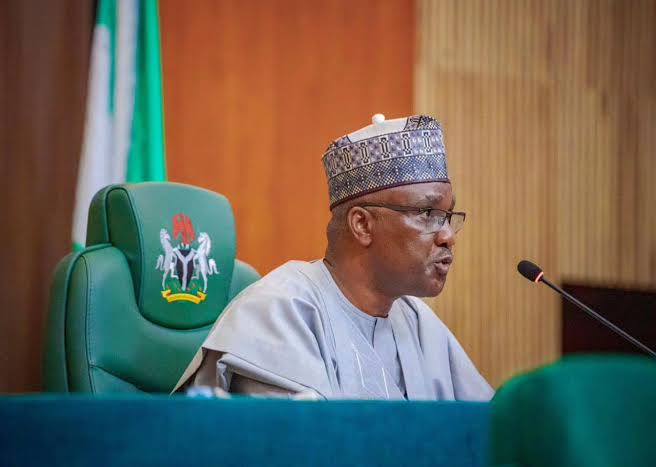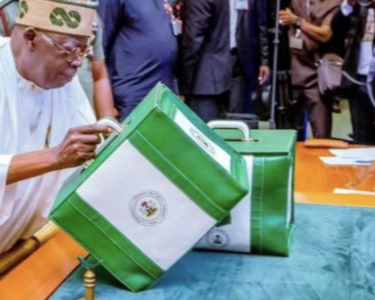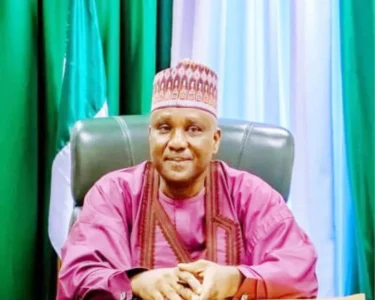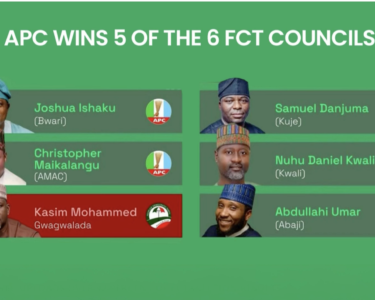Speaker of Nigeria’s House of Representatives, Rt. Hon. Abbas Tajudeen, has declared that Nigeria is taking a leadership role in Africa’s clean energy transition, with a goal to help deliver electricity to 300 million Africans by 2030.
Speaking at the inaugural Legislative Conference and Expo on Renewable Energy in Lagos, organized by the House Committee on Renewable Energy in partnership with the UNDP, Speaker Abbas commended President Bola Tinubu’s recent approval of a \$1 billion funding package for the Rural Electrification Agency. A large portion of this fund—\$750 million—is intended to scale up solar energy in rural and underserved communities through mini-grids and home systems, reaching over 200,000 Nigerians.
The Speaker said Nigeria’s involvement in the World Bank and African Development Bank-supported *Mission 300 Initiative* reflects its dedication to expanding access to sustainable and affordable energy on the continent. He stressed the need for coordinated efforts among lawmakers, government agencies, the private sector, and civil society to ensure the success of this transition.
Abbas highlighted the legislative steps taken by the 10th National Assembly to promote renewable energy. These include the removal of VAT on renewable energy equipment and compressed natural gas technologies, as well as the creation of a Standing Committee on Renewable Energy to drive reforms and expand access.
He also announced ongoing efforts to provide a legal foundation for Nigeria’s Renewable Energy and Energy Efficiency Policy (REEEP), originally adopted in 2015. Abbas emphasized that Nigeria must align with global energy trends, where renewables—particularly solar and wind—accounted for the majority of new power capacity in 2024.
Citing global energy investment figures, he noted that \$1.7 trillion was directed toward renewables, energy efficiency, and electric mobility in 2023 alone. To remain competitive and environmentally responsible, Nigeria must follow suit, he said.
Abbas also praised the passage of the Electricity Act 2023, which empowers state governments to manage electricity generation and distribution within their territories, encouraging local solutions and private-sector participation.
Hon. Afam Ogene, chair of the Renewable Energy Committee, echoed the Speaker’s sentiments, saying the country must urgently shift from fossil fuels, which have failed to ensure reliable power supply, to more sustainable energy sources. He revealed that the committee is investigating past renewable energy investments to ensure transparency and better outcomes going forward.
Ghana’s Parliament was represented at the event by Hon. Bernard Ahiafor, who spoke on behalf of Speaker Alban Bagbin. He applauded Nigeria’s leadership in convening the conference and emphasized that African parliaments must enact strong laws and policies to drive the region’s energy transition. He cited Ghana’s progress, including solar farms and off-grid projects backed by tax incentives and green financing.
UNDP’s Resident Representative, Ms. Elsie Atafuah, described this moment as critical for Nigeria, with energy becoming a defining factor in global development, security, and economic competitiveness. She said the UNDP remains ready to support Nigeria through policy advice, partnerships, and financing tools.
Atafuah concluded by urging Nigerian leaders to seize this opportunity to build a clean, inclusive, and future-ready energy economy.




